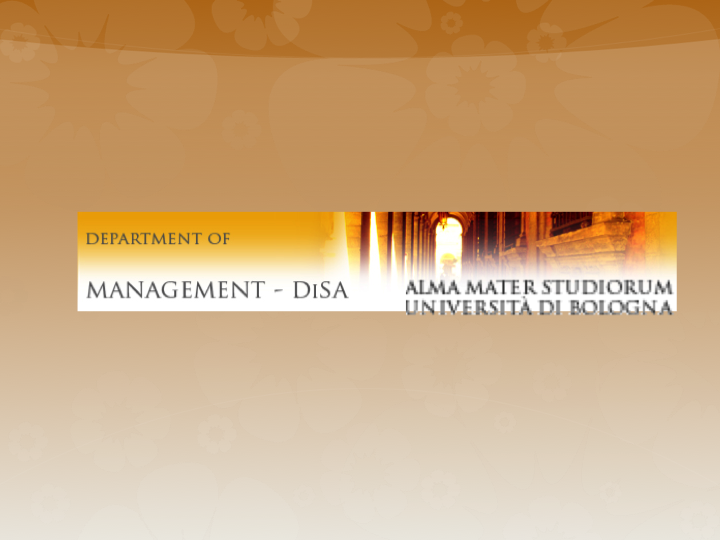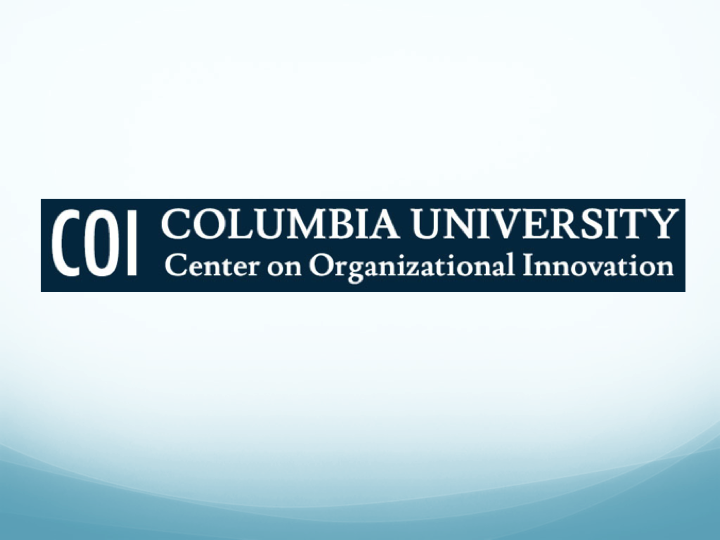David Stark, Principal Investigator
Supported by an Advanced Research Grant from the
European Research Council, grant agreement no. 695256.
Project Summary:
Contemporary organizations face three interrelated, but analytically distinguishable, challenges. First, they should be alert to mistakes that could be catastrophic. Second, they need to allocate attention, especially to correct past mistakes and to make accurate predictions about future developments. Third, they should be innovative, able to stand out from existing categories while being recognized as outstanding. This project investigates these cognitive challenges with the aim of developing a comprehensive sociological approach to study the social properties of cognition. Research on error detection, attention allocation, and recognizant innovation will be conducted in three distinct settings strategically chosen so the scale and complexity of the performance challenges increases across the cases.
Project Goals:
The research question that cuts across the socio-cognitive challenges asks whether and how diversity contributes to performance. The nature of the research question requires an interdisciplinary approach. The project has three sub goals, each addressed using different research designs:
1) We first test how the social context, understood at the most basic level as the composition of a small collectivity, affects behaviour. To do so, we use experimental methods to test how ethnic diversity affects decision-making.
2) The second study tests how the social structure of attention affects valuation. The activities involve error correction and accuracy of prediction in estimates by securities analysts; the method is two-mode network analysis; and the timing, intensity, and diversity of attention networks are the effects to be tested.
3) The third study examines relations within and across collaborative teams. In studying the network properties of creativity, the challenge is recognizant innovation, the activity involves releases in the field of music, the method is cultural network analysis, and the effects to be tested are the com
bined effects of stylistic diversity and social structure.
Personnel:
David Stark, PI, University of Warwick and Columbia University
Denise Falchetti, Postdoctoral Fellow, University of Bologna
Simone Ferriani, Senior Researcher, University of Bologna
Balazs Vedres, Senior Researcher, University of Oxford
Giovanni Formilan, Postdoctoral Fellow, University of Bologna
Sheen Levine, Senior Researcher, University of Texas-Dallas
Noortje Marres, Senior Researcher, University of Warwick
Celia Lury, Senior Advisor, University of Warwick
Matteo Prato, Senior Researcher, ESADE Business School
Charlotte Reypens, Postdoctoral Fellow, University of Warwick
Simone Santoni, Senior Researcher, Cass Business School, London
Elizabeth Watkins, PhD Student, Columbia University
James McNally, PhD Student, University of Warwick
Jongho Lee, Undergraduate Research Assistant, Columbia University
Cassidy Mayeda, Undergraduate Research Assistant, Barnard College




